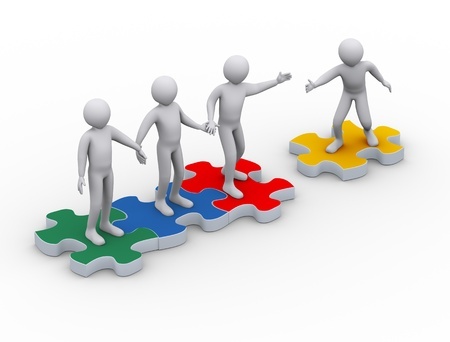The most successful professionals know the value
of hard work. Often, workaholism and professional success go hand-in-hand.
Unfortunately, workaholism and good mental health don’t go hand-in-hand. The
facts tell us that travel provides fresh perspective and mental health benefits
that everybody – especially those who never seem to take time off – could use.
To keep stress levels low and to help mental well-being, spouses of workaholics, and the worker bees themselves, should engage in non-business related travel from time to time.
To keep stress levels low and to help mental well-being, spouses of workaholics, and the worker bees themselves, should engage in non-business related travel from time to time.
The
Dangers of Overworking
The health consequences of overwork can’t be
overstated. The dangers that come with long hours and shift work – such as the
abnormal hours hospital employees face – are many, and they’re not to be taken
lightly.
A milder consequence of pushing oneself too far
at work is reduced job performance. Even when you think you’re doing a good job
for your employer by staying longer or taking the graveyard shift, studies show
that this is most often not the case. Running on fumes means a product or
service that is worse in quality than if you were properly
rested or were able to manage your workload more reasonably. But poor performance
pales in comparison to the health risks associated with overworking.
The National Center for Biotechnology Information
publishes many studies on health, and one in particular shows that overly long work hours carry the
risk of obesity, on-the-job injury, and chronic disease. In Japan, approximately 30,000 suicides per year are
thought to be related to economic and work-related pressures. This is not
fear-mongering, it’s factual, and it should help inform why taking time off
from work for vacation is so important.
The
Flipside: Benefits of Travel on Mental Health
PsychCentral has detailed the benefits of travel on our mental health.
The neurological benefits of taking your mind completely off of work-related
responsibilities are immense.Travel forces us to use different parts of our
brain, especially when you’re in unfamiliar territory. For example, if you
travel somewhere outside of the States where poverty or other factors mean a
challenging quality of life, you’ll gain perspective on your own problems.
Consider too the benefits of navigating a foreign language or city, tasting new
food and experiencing different cultures.
Our biological functions are improved when we
travel, too. The Perfect World Project references a study from the University of
Surrey which showed that people experience more happiness when anticipating an
upcoming vacation. New experience helps to sharpen the mind, and travel has
also been proven to reduce stress, which increases our blood pressure and is
common in the overworked population.
Traveling is also synonymous with a fortified
immune system. According to CBS, your relationships may
emerge stronger, too. The monotony of our daily routine is not always conducive
to romance, and taking a trip with your partner has the opposite effect; it’s
spice for your love life.
The best part is that when it comes to travel,
your options are limitless. Not to mention that there are myriad ways to find
the perfect vacation online. Some quick research will yield plenty of results
and make booking your travel that much easier.
When you’re planning your trip, part of your
travel arrangements should be securing your home and arranging care for your
pet, especially if you’re a dog owner. Having these pieces of the puzzle in
place will help keep worry and stress low during your absence. Even if it means
hiring a pet
sitter, it’s smart to shell out a little extra dough for your dog’s
benefit.
It’s often more difficult for us to have fun than
to remain stagnant. Breaking a routine, especially one that allows us to pay
bills and provide a better life for our family, is not always easy.
Understanding the dangers that overworking pose to our health and conversely
the proven benefits that travel has on our mental and physical well-being is
key. It helps us to understand that money pales in comparison to our health and
happiness. So stop grinding your fingers to the bone, plan a vacation, and
start enjoying the perks which begin even before you head to the airport.
Jennifer Scott has experienced anxiety and depression since she was a teenager. She shares stories about the ups and downs of her anxiety and depression at SpiritFinder. With SpiritFinder.org, Ms. Scott offers a forum where those living with anxiety and depression can discuss their experiences.







